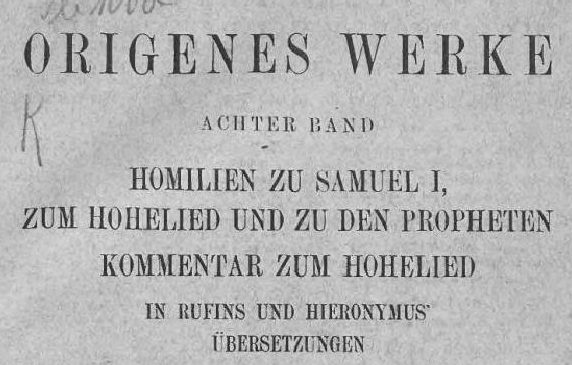[Open-Access.] Book. Schirner. ‘Inspice diligenter codices’. Philologische Studien zu Augustins Umgang mit Bibelhandschriften und -übersetzungen. 2015.
About this book. During the first centuries of the Christian era, a large number of discrepant Latin translations of the Old and the New Testaments were in circulation. Rebekka S. Schirmer examines St. Augustine’s comments about the problems raised by these texts, both descriptive and normative, and the extent…
